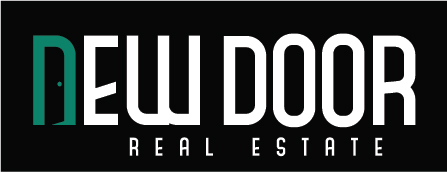Generalized Anxiety Disorder Market Size, Share & Industry Analysis 2032
Generalized Anxiety Disorder Market Overview
Generalized Anxiety Disorder (GAD) is a chronic mental health condition characterized by persistent and excessive worry about everyday activities and situations. The disorder affects a significant portion of the global population, leading to challenges in social and professional functioning. The Generalized Anxiety Disorder Market is expanding as awareness of mental health issues increases and treatment options improve. With advancements in both pharmacological and psychotherapeutic approaches, more individuals are seeking effective treatments, driving the market’s growth. The market is experiencing a surge in investment, especially in novel therapies for GAD, which is expected to fuel its growth over the forecast period.
Generalized Anxiety Disorder Market Size
The Generalized Anxiety Disorder Market was valued at USD 1,717.5 million in 2023 across the seven major markets. With rising awareness of mental health conditions, the market has been growing steadily. The increasing demand for more effective and accessible treatment options, particularly in psychotherapeutic and pharmacological treatments, is driving this market’s expansion. Forecasted to grow at a CAGR of 5.4% from 2024 to 2032, the market is expected to reach USD 2,751.1 million by 2032, reflecting a substantial rise in investment and development in treatment solutions for GAD.
Generalized Anxiety Disorder Market Share
The Generalized Anxiety Disorder market share is influenced by several factors, including treatment advancements and regional healthcare developments. The market is shared by various pharmaceutical and biopharmaceutical companies offering innovative treatments, such as antidepressants, anti-anxiety medications, and therapy options. The dominance of major companies like Eli Lilly, GlaxoSmithKline, and Pfizer significantly contributes to the market share in key regions. The share distribution is also shaped by the adoption of newer psychotherapeutic treatments, as well as the ongoing research into personalized therapies for patients with GAD, further expanding the market.
Generalized Anxiety Disorder Market Trends
The Generalized Anxiety Disorder market is experiencing key trends driven by advancements in treatment options. First, the rising awareness about mental health disorders is contributing to increased diagnosis and treatment demand. Second, there is a growing shift toward combination therapies that integrate pharmacological and psychotherapeutic approaches. Third, digital health platforms and telemedicine are gaining popularity, making treatments more accessible. Fourth, there is significant interest in personalized medicine and genetic testing to provide more tailored therapies. Finally, the ongoing research into novel drug therapies, including those targeting specific neurotransmitter systems, is expected to drive market growth further.
Generalized Anxiety Disorder Market Analysis
The Generalized Anxiety Disorder market is set to grow due to increasing awareness and advancements in treatment options. The market is heavily influenced by both pharmacological and psychotherapeutic treatments, which are continuously evolving. Antidepressants like selective serotonin reuptake inhibitors (SSRIs) and serotonin-norepinephrine reuptake inhibitors (SNRIs) remain at the forefront of GAD treatment. However, new drug classes and personalized therapies are gaining traction. Psychotherapy, particularly cognitive-behavioral therapy (CBT), has also become a widely used treatment option. Market dynamics reflect a shift towards integrative care, as patients seek a holistic approach to managing GAD. The rising acceptance of digital health tools, such as virtual therapy and mental health apps, is expected to expand the market further, making treatment more accessible and personalized.
Generalized Anxiety Disorder Market Segmentation
- By Treatment Type:
- Pharmacological Treatments: Includes medications like SSRIs, SNRIs, benzodiazepines, and newer options like serotonin modulators.
- Psychotherapeutic Treatments: Primarily includes cognitive-behavioral therapy (CBT), exposure therapy, and mindfulness-based interventions.
- By Route of Administration:
- Oral: Medications taken in the form of tablets or capsules.
- Injectable: Includes treatments administered through injection for immediate effects or long-lasting release.
- By Age Group:
- Pediatrics: Children and adolescents suffering from GAD.
- Adults: Primarily adults experiencing chronic anxiety.
- Geriatrics: Older adults who may experience GAD with co-existing health conditions.
- By Region:
- North America: Dominates the market with the largest share due to advanced healthcare systems and high awareness levels.
- Europe: A significant portion of the market is driven by improvements in mental healthcare accessibility.
- Asia-Pacific: Growing market as mental health awareness improves, with a focus on newer treatments.
- Rest of the World: Emerging markets in Africa and Latin America are showing increased demand for treatments.
Get a Free Sample Report with Table of Contents
Generalized Anxiety Disorder Market Growth
The Generalized Anxiety Disorder market is expected to grow at a CAGR of 5.4% from 2024 to 2032. The market’s growth is driven by an increase in the prevalence of anxiety disorders and greater awareness of mental health. Furthermore, continuous advancements in treatment options, including the development of new drugs and therapies, are fueling demand. The growing acceptance of telemedicine and digital health platforms is also contributing to market expansion by making treatment more accessible to a larger population. With a strong pipeline of new treatments and therapies in development, the market is poised to continue its positive trajectory, particularly in regions like North America and Europe.
Recent Developments and Challenges in the Generalized Anxiety Disorder Market
- Recent Developments:
- Advancements in Pharmacology: Pharmaceutical companies are developing next-generation treatments targeting specific neurotransmitter systems, such as serotonin and dopamine receptors, providing more effective options for GAD patients.
- Telehealth Integration: The rise of telemedicine and online therapy platforms has transformed how patients access care, increasing the reach of psychotherapeutic interventions for anxiety.
- Personalized Medicine: The growing trend of personalized medicine, which uses genetic testing and patient data to tailor treatments, is gaining momentum and improving treatment outcomes for individuals with GAD.
- Challenges:
- Diagnosis and Stigma: Despite increased awareness, the stigma surrounding mental health disorders remains a significant barrier, leading to underdiagnosis and undertreatment.
- Side Effects of Medications: Many pharmacological treatments for GAD, including SSRIs and benzodiazepines, come with side effects that may deter some patients from continuing treatment.
- Regulatory Challenges: Developing new treatments for mental health conditions is a lengthy process, as it requires rigorous clinical trials and regulatory approvals before reaching the market.
- Access to Care: Although treatments are available, access remains a significant challenge, especially in developing regions, due to a lack of mental health professionals and the high cost of treatment.
Key Players in the Generalized Anxiety Disorder Market
- Eli Lilly and Company – Known for its antidepressant drugs like Prozac, Eli Lilly continues to be a leading player in the GAD market, contributing to the development of innovative therapies.
- GlaxoSmithKline Pharmaceuticals Limited – GSK offers therapies aimed at treating anxiety disorders, contributing significantly to the global GAD market.
- Pfizer, Inc. – A major player in the anxiety treatment space, Pfizer is developing new drug treatments for GAD.
- Abbott Laboratories – Abbott’s ongoing work in healthcare includes treatments for mental health conditions, including GAD.
- Bristol-Myers Squibb – Focused on expanding its portfolio of medications for mental health, including treatments for anxiety.
- Actavis Pharmaceutical Company – Known for offering generic treatments for mental health disorders, including GAD.
- F. Hoffmann-La Roche – Continues to contribute to advancements in mental health treatment options, especially in neurological health.
- Sumitomo Dainippon Pharma – A major player in developing psychiatric and neurological drugs, including those for GAD.
- MindMed – A company at the forefront of psychedelic therapies for mental health, including generalized anxiety.
- VistaGen Therapeutics, Inc. – Focuses on innovative drug treatments for psychiatric conditions, including GAD.
- Mitsubishi Chemical Group Corporation – Engaged in developing new mental health therapies for anxiety disorders.
- Sanofi – Offers treatments for anxiety and depression, contributing to market growth.
- Forest Laboratories, Inc. – Known for its antidepressants and other psychiatric medications for treating anxiety.
- H. Lundbeck A/S – Focuses on central nervous system (CNS) disorders and offers treatments for GAD.




